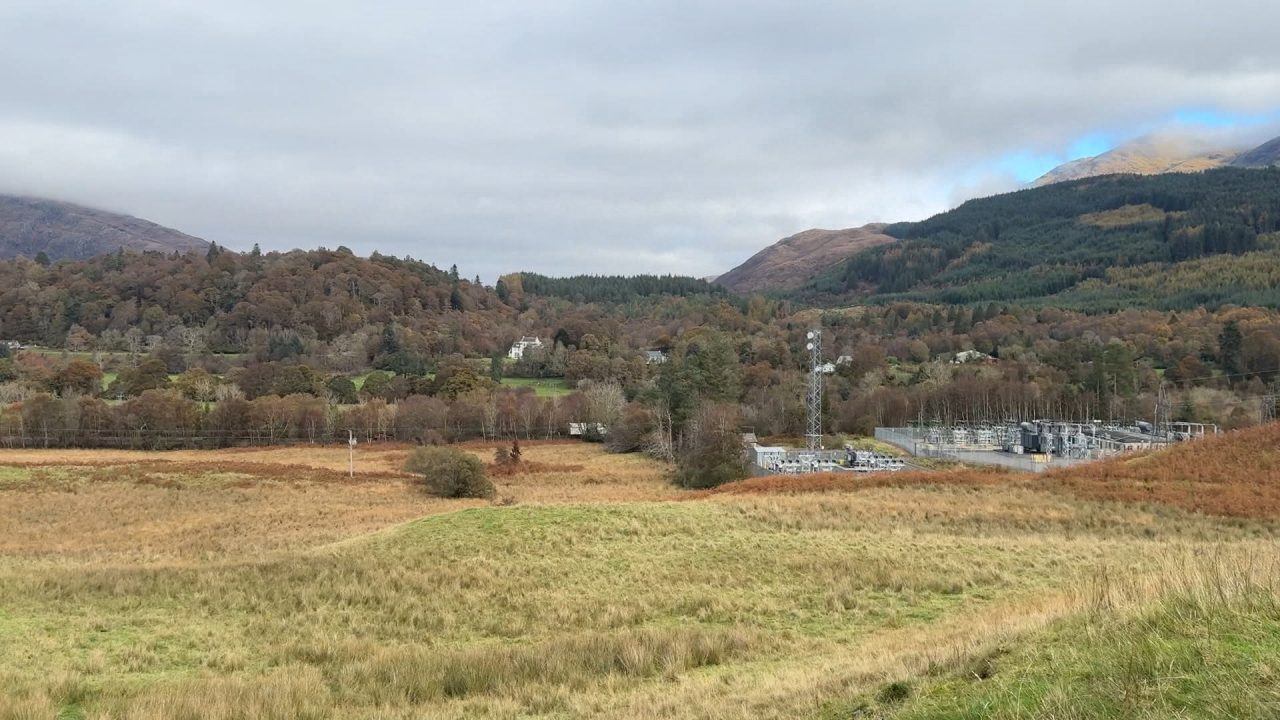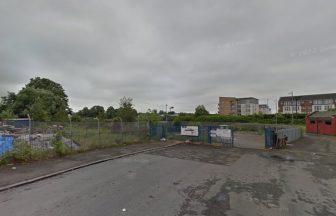Developers planning a controversial battery energy storage site (BESS) near an Argyll and Bute village have been accused of “undermining” local democracy after appealing directly to the Scottish Government.
Community concerns regarding the facility’s fire safety and the impact on the landscape were set to be heard at a council public hearing last month. However, the developers bypassed local approval by appealing for the decision to be made by a Scottish Government reporter.
The developers say the site, next to an electricity substation, would support Scottish Government targets towards net zero and could help to power up to 150,000 homes for two hours.
Locals said they feel the decision-making process has been “taken away” from them.
‘It’s a shock to the community’
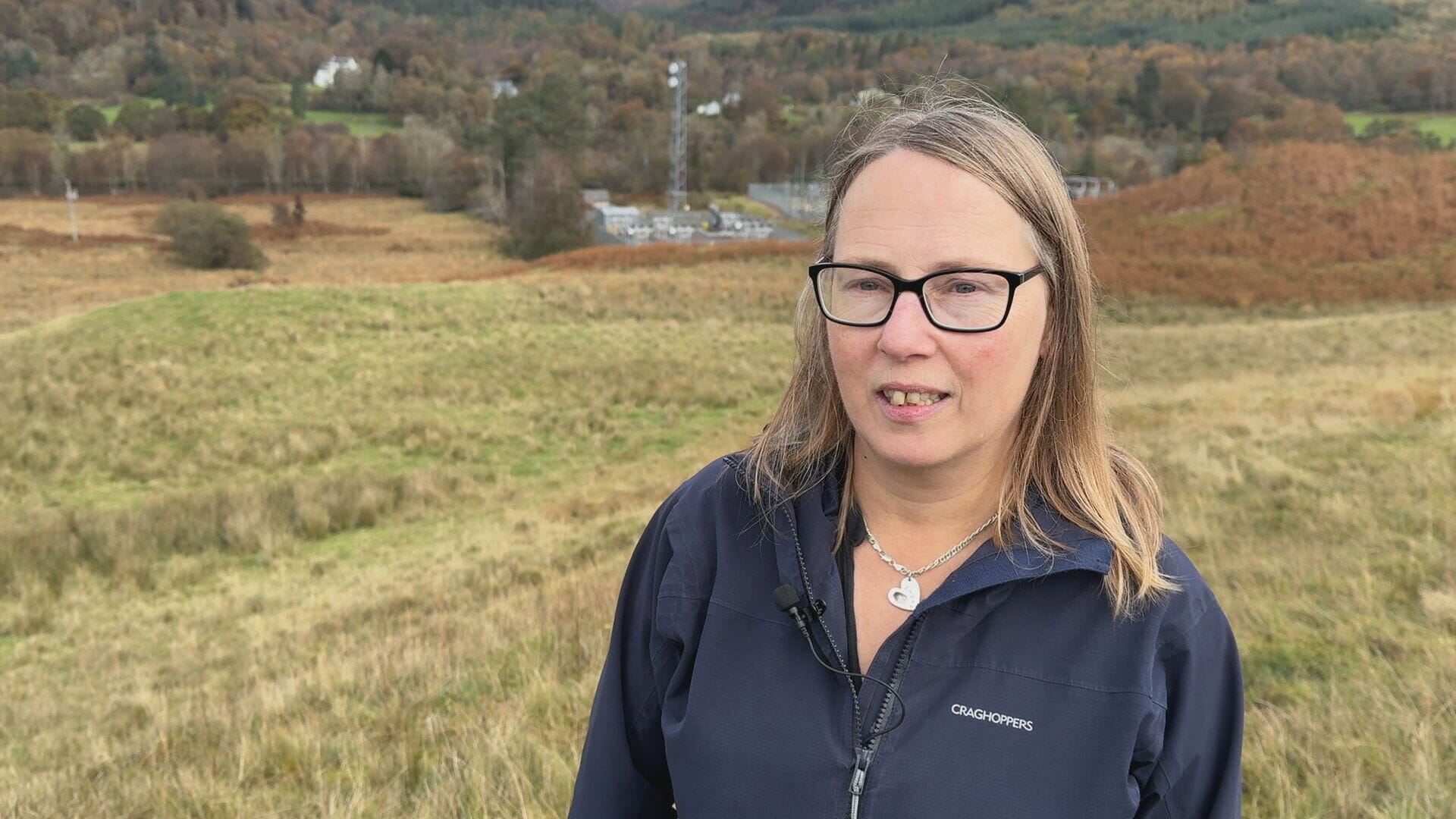 STV News
STV News“We want to put down more permanent roots here,” said Alec Cameron.
He and his wife Heather Shaw bought a 14-acre stretch of croft land in Taynuilt in 2022.
The holding is next to a stretch of the A85, running adjacent to the railway line and just a few minutes from the centre of the village.
The couple had been planning to build their house on the land, but found their dreams halted when the firm Downing Renewable Developments submitted proposals for a battery energy storage site (BESS) directly in front of them in 2024.
“It’s a bit of a shock to say the least – and it’s obviously a shock to the wider community as well,” said Alec.
“The primary concern is if something goes wrong with this, it could be catastrophic.”
Heather added: “The hardest thing to swallow is the fact that we were going through the process and we’d had council meetings. That had been put on hold for the councillors to come out here and have a look at and have another meeting – a public meeting – and that’s been taken away from us.
“It’s really disappointing that we’re not even part of the process, the decision-making that’s been taken away from us and from the community.”
Fire safety
The main concern among Taynuilt residents relates to the fire safety of the site.
Downing Renewable Energies say they are working with Scottish Fire and Rescue Service on the plans.
However, Alan Livingstone, a resident of the village, is not convinced.
He said: “I think that a very important thing to say is that the people in Taynuilt are not against renewables.
“They’re not even in principle against the idea of battery storage schemes. But because of the safety element, it has to be in the right place.
“Until such time as we have battery storage schemes that are very safe and have been proven to be safe over a considerable number of years, maybe decades, then they need to be located somewhere that’s away from the population.”
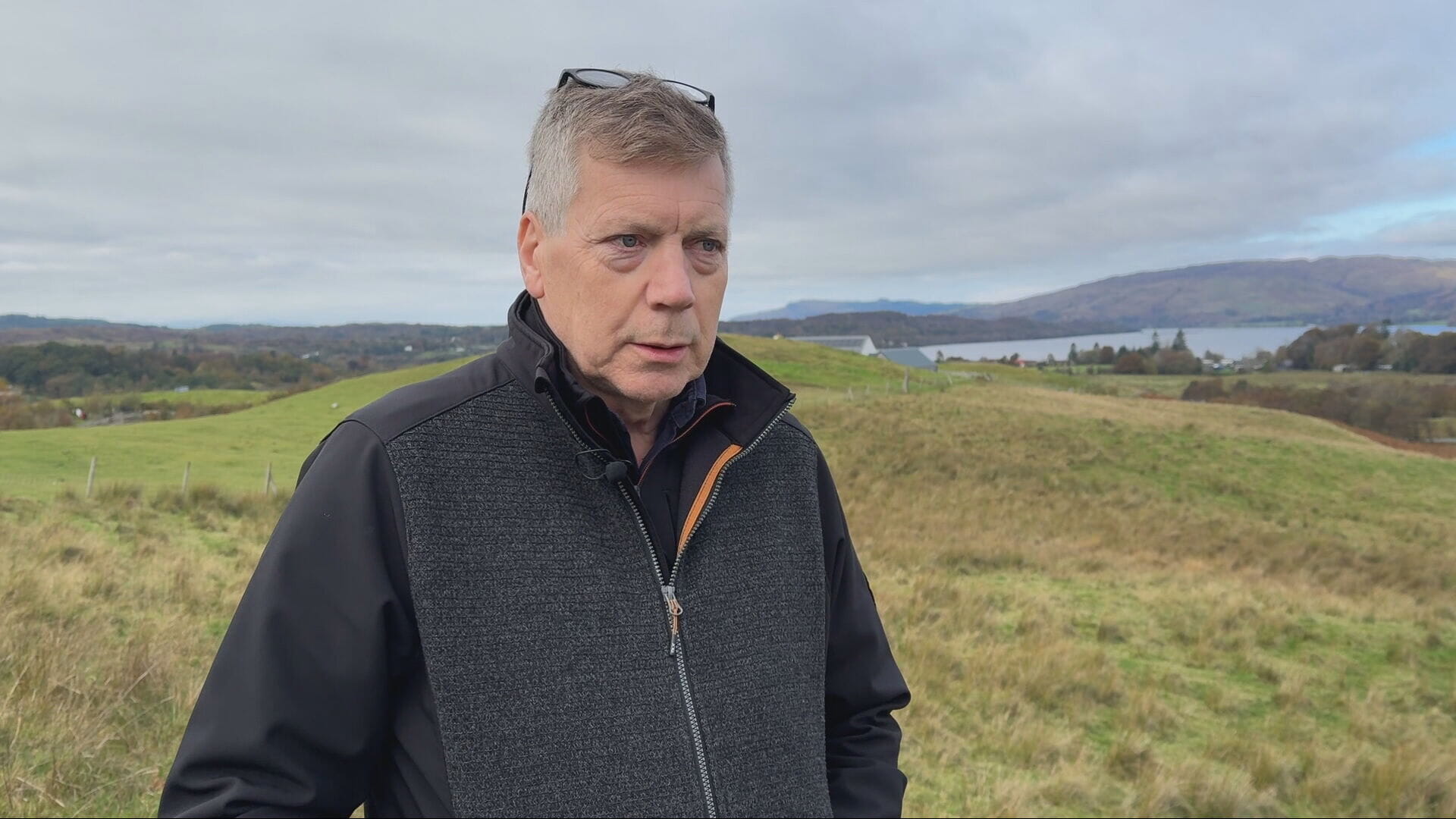 STV News
STV NewsBESS require licensing through SEPA and must have robust control measures to prevent fire.
However, the fire service are now a statutory consultee for the planning process around BESS but do answer questions around water supply and road access when requested.
Gregg McKearney is Scottish Fire and Rescue Service Head of Fire Safety Enforcement and fire Engineering.
He said: “We firmly believe that a robust approach to preventing fires and ensuring industry safety standards remains key to managing risks regarding Battery Energy Storage Sites (BESS).
“We continue to work with relevant agencies in this regard including the National Fire Chiefs Council.
“We remain a key part of building standards consultations to maintain safety for firefighters, employees and members of the public where proposals include the provision of buildings.
“In responding to any emergency involving battery energy storage systems, our highly trained crews, working with partner agencies, can employ a range of skills, procedures and resources to mitigate impact on the public and the environment.”
Planning
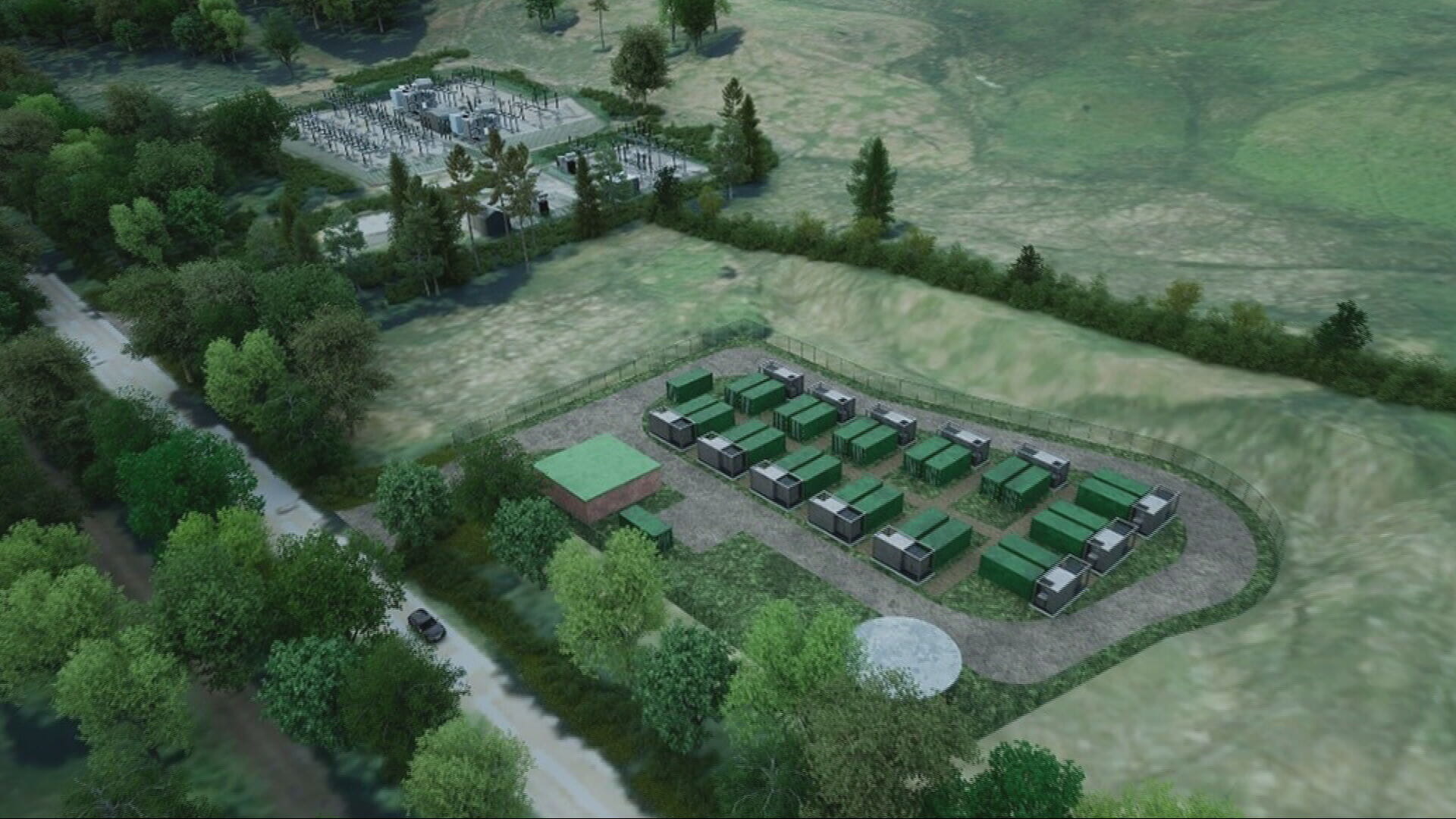 STV News
STV News“This is, as far as I’m aware, an unprecedented case in Argyll and Bute,” said Green Party councillor Luna Martin for Oban North and Lorn.
“The applicant has actually received notice that they will have a public hearing and then applied for non-determination.
“And so it’s my opinion that this entirely undermines the democratic view and voices of the elected members on that committee, and it deprives the community of the chance to be able to express their concerns in an open forum.”
She added: “As a Green Councillor, I of course support the journey towards net zero and the infrastructure needed to get us there.
“I think it has to be acknowledged, though, that there are very valid safety concerns with BESS systems in that they do have the potential to be quite disruptive.”
Recent data shows more than 250 BESS are planned or already operating across Scotland.
Critics include Action to Protect Rural Scotland who say the number of sites being approved outweighs the demand for renewable energy storage.
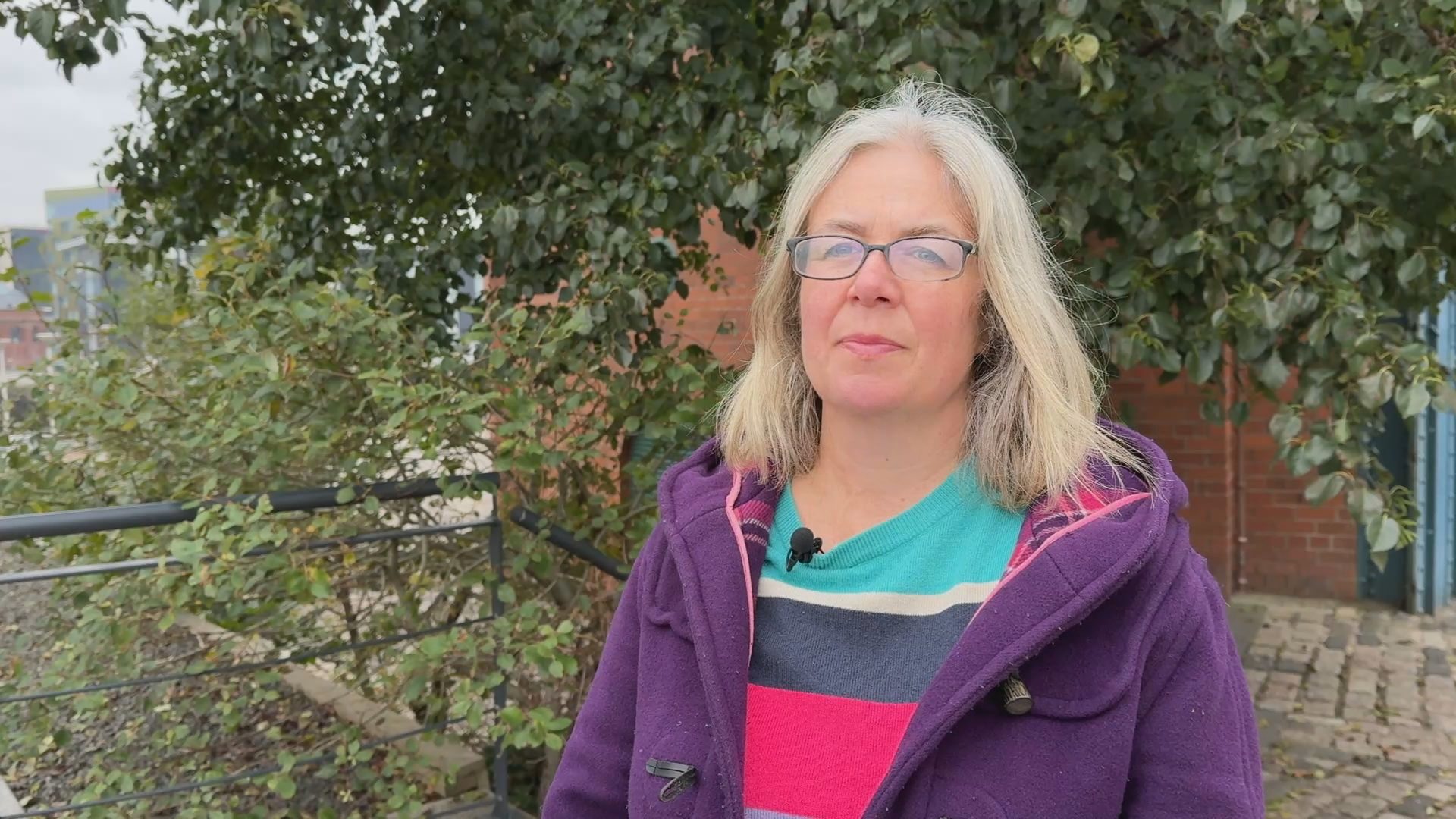 STV News
STV NewsKat Jones director of APRS said: “At the moment it feels like a bit of a free-for-all, rather than asking where we need this capability and how much we need them, and in which places. It’s very uncertain for communities. We can see why people are upset by it.
“What we’re calling for is a strategic approach: where should they be, how big should they be, rather than just wherever developers feel they can get an application in.”
Resident Alan Porte, who lives across the hill from the proposed site, said: “The main concern here is safety, and this is for the safety of the people of Taynuilt, but actually there’s a wider concern nationally in Scotland.
“There appears to be very little government strategy as to where these battery storage plants are going to be placed. I’m not arguing that we don’t need battery storage.
“I think we do need battery storage, but surely we as the people of Scotland should be allowed to decide where they should go.”
John Day, a resident and owner of nearby holiday homes added: “There is no joined up thought with regards to where these places should be located.
“The problem for us is is our future sustainable? Is our income stream sustainable, overlooking an industrial site versus beautiful, pristine environment?”
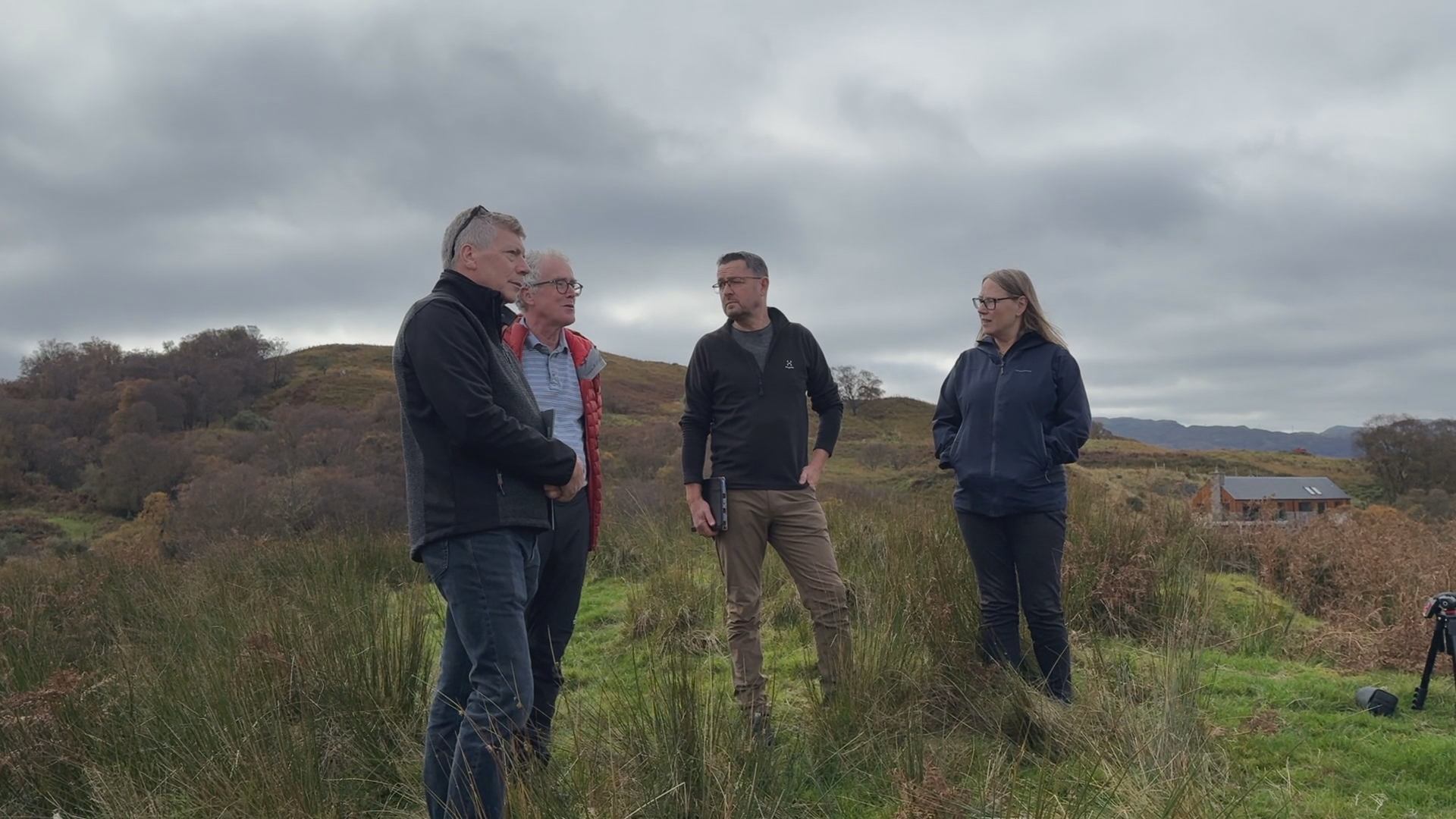 STV News
STV NewsArgyll and Bute Council said: “Members of the council’s Planning, Protective Services and Licensing Committee have submitted a response to the DPEA reporter to highlight that, prior to the applicant lodging a non-determination appeal, the committee had determined that in order to properly consider the merits of this application there was a requirement to carry out a site visit and pre-determination hearing. “
Downing Renewable Developments said: “We sent 230 letters to local residents inviting them to two public consultation events and attended several community council meetings to answer questions, gather feedback and address concerns directly with the local community.
“The Planning Officer at the council recommended the Planning Committee approve the scheme however as they chose to defer their decision – following the grant of several extensions – we elected to appeal to the Scottish Ministers so that, if approved, we can readily deliver the scheme, which will begin contributing effectively to the Net Zero ambitions of Scotland and the U.K.”
A Scottish Government spokesperson said: “It would not be appropriate to comment on a live planning application.”
Follow STV News on WhatsApp
Scan the QR code on your mobile device for all the latest news from around the country


